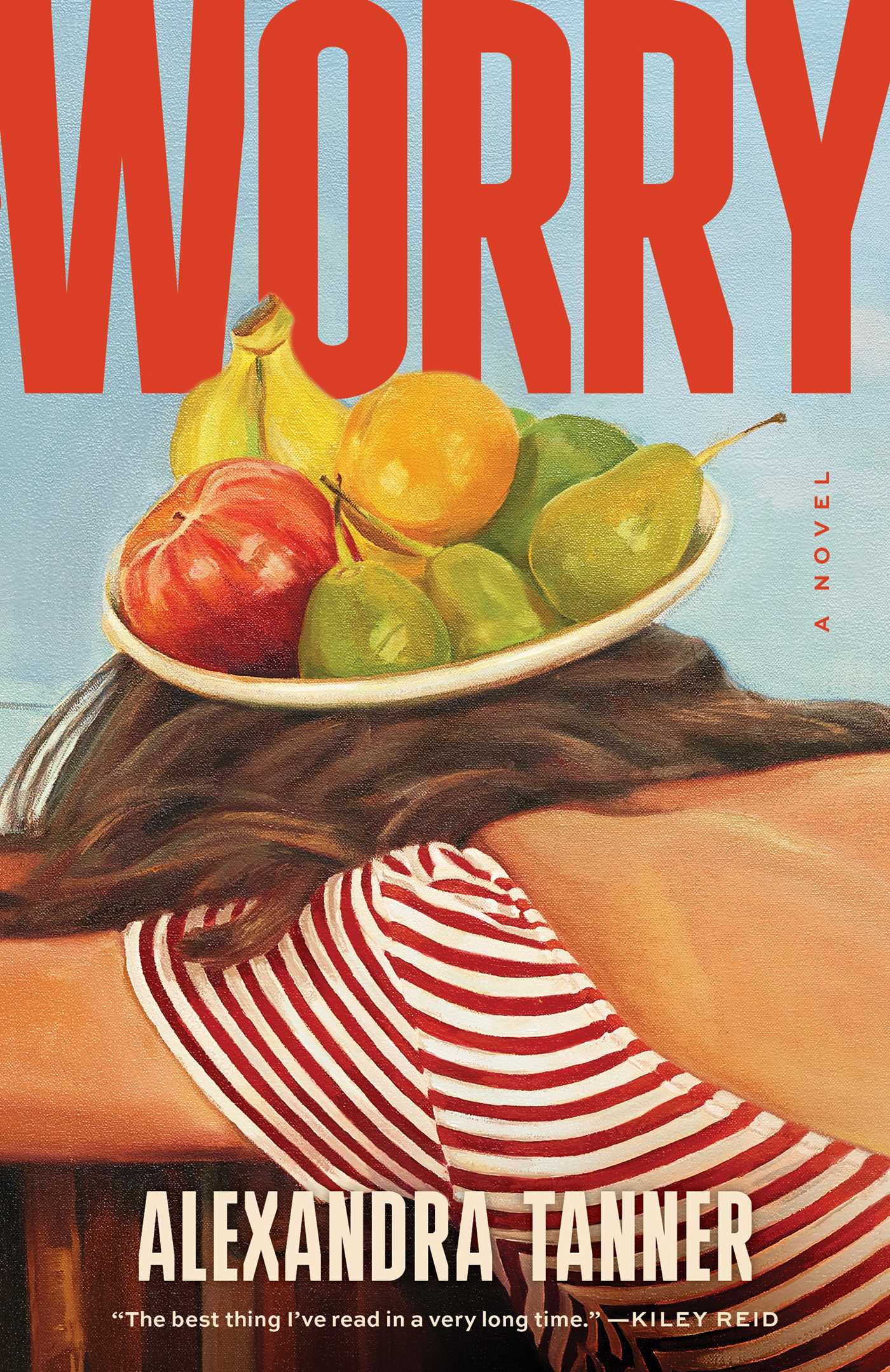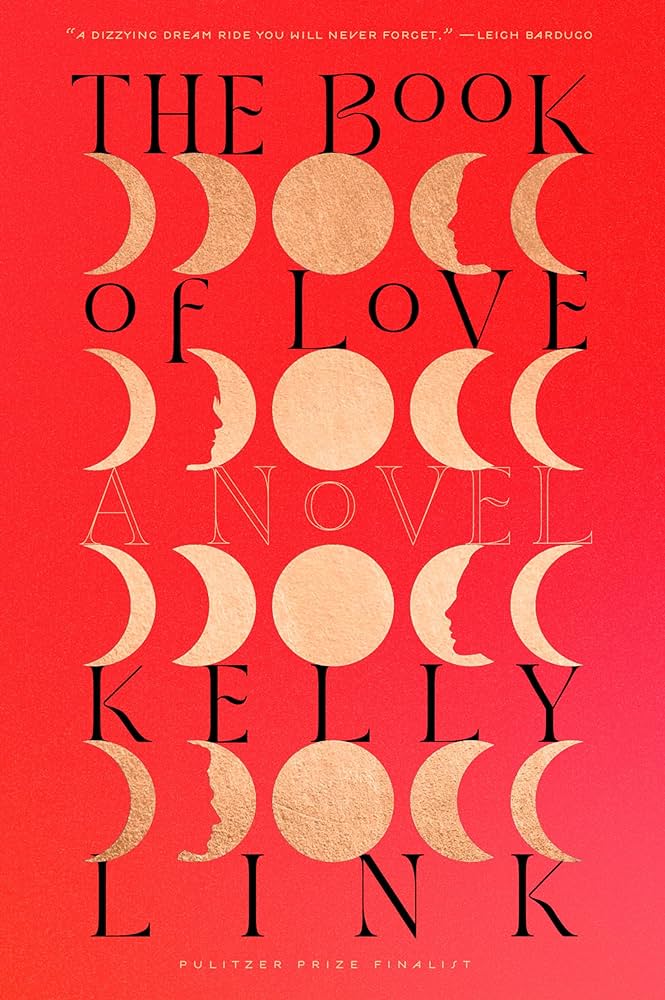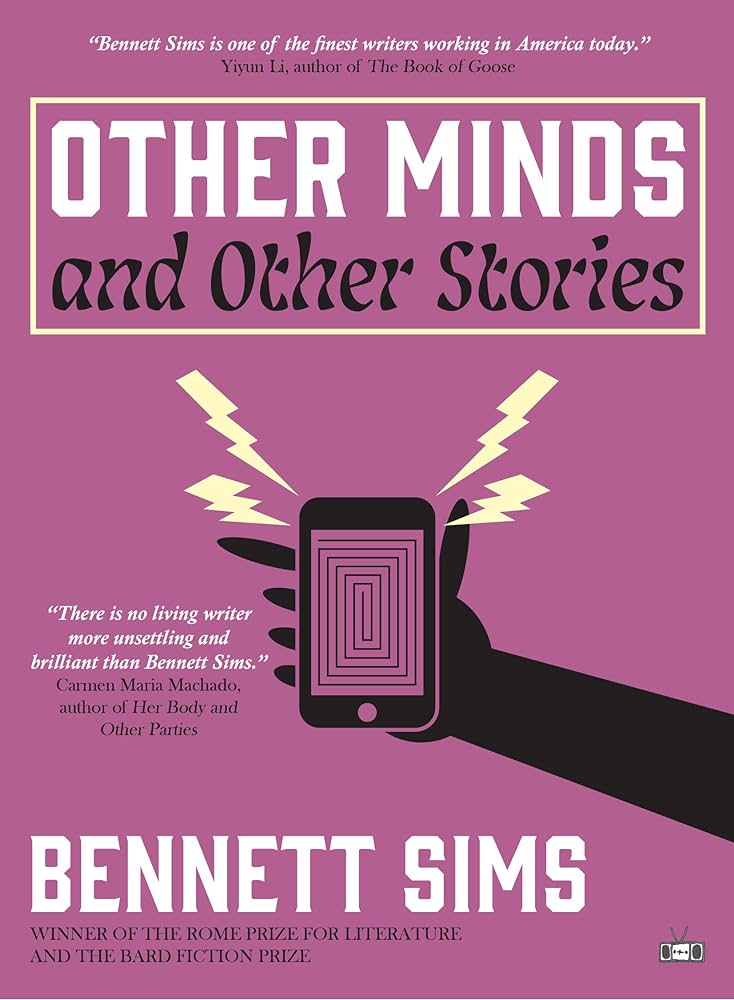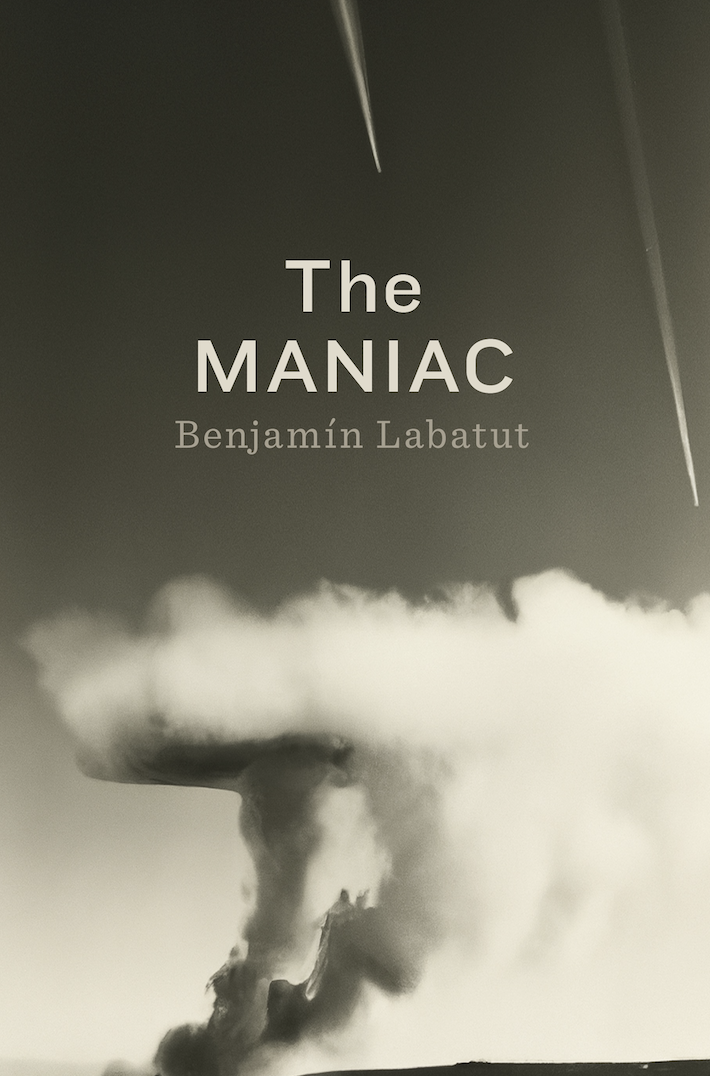 Jonathan Franzen seems to have always known what kind of writer he wanted to be when he grew up. His underrated first book, The Twenty-Seventh City, published before he was thirty, managed to synthesize the warring impulses of postwar fiction – toward black comedy and intimate lyricism, toward domestic realism and busy narrative, toward the personal and the political – in a language of aphoristic wit, journalistic specificity, and lapidary precision. The Twenty-Seventh City was a little bit of everything, without seeming like the average of anything.
Jonathan Franzen seems to have always known what kind of writer he wanted to be when he grew up. His underrated first book, The Twenty-Seventh City, published before he was thirty, managed to synthesize the warring impulses of postwar fiction – toward black comedy and intimate lyricism, toward domestic realism and busy narrative, toward the personal and the political – in a language of aphoristic wit, journalistic specificity, and lapidary precision. The Twenty-Seventh City was a little bit of everything, without seeming like the average of anything.
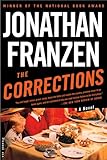 Notwithstanding his subsequent (and public) hemming and hawing about the social vs. the domestic, the difficult vs. the hospitable, art vs. entertainment, Franzen’s ambitions have proven remarkably stable since then. Every seven or eight years, he brings out another dense and dazzling slab of pages – another panorama of American life viewed through the prism of the individual conscience. With 2001’s The Corrections, he would seem to have perfected his method. It won the National Book Award, pissed off Oprah, and sold a million billion copies. Our recent poll of authors and editors singled it out as the best novel of the last decade.
Notwithstanding his subsequent (and public) hemming and hawing about the social vs. the domestic, the difficult vs. the hospitable, art vs. entertainment, Franzen’s ambitions have proven remarkably stable since then. Every seven or eight years, he brings out another dense and dazzling slab of pages – another panorama of American life viewed through the prism of the individual conscience. With 2001’s The Corrections, he would seem to have perfected his method. It won the National Book Award, pissed off Oprah, and sold a million billion copies. Our recent poll of authors and editors singled it out as the best novel of the last decade.
 What could it possibly mean, then, to say that Freedom, his long-awaited follow-up, finds Franzen maturing? Surely not that he is more confident at 50 than at 40. (It’s hard to think of a novel more confident than The Corrections.) Nor that Freedom is more or less expansive, or that it represents, in the canned phraseology of newspaper reviews, any kind of “stunning departure” in substance or in sensibility. Rather, the novelty of this novel – the richest reward it offers us for our patience – is the deepening of the author’s moral imagination. One thinks of flavors ripening over a slow boil, of instruments changing as they age. To put it another way, in Freedom, Franzen’s blues are bluer. The ironies are stronger, the pain more mysterious, and the characters more given to change.
What could it possibly mean, then, to say that Freedom, his long-awaited follow-up, finds Franzen maturing? Surely not that he is more confident at 50 than at 40. (It’s hard to think of a novel more confident than The Corrections.) Nor that Freedom is more or less expansive, or that it represents, in the canned phraseology of newspaper reviews, any kind of “stunning departure” in substance or in sensibility. Rather, the novelty of this novel – the richest reward it offers us for our patience – is the deepening of the author’s moral imagination. One thinks of flavors ripening over a slow boil, of instruments changing as they age. To put it another way, in Freedom, Franzen’s blues are bluer. The ironies are stronger, the pain more mysterious, and the characters more given to change.
Like its predecessors, Freedom can be read as a species of family novel. Unlike them, it is, at heart, a love story…though Franzen cannily muddles the terms of the genre. The lovers in question are Patty and Walter Berglund, parents of two and members in good standing of the urban gentry of St. Paul, Minnesota. But it is not at all clear initially that Patty loves Walter – or, at any rate, how Patty loves Walter, or how well Walter knows Patty. It is, moreover, not at all clear that we should care. A bravura overture, “Good Neighbors,” introduces us to the Berglunds through the eyes of their fellow gentrifiers, offering a mordant catalogue of the foibles of “the Whole Foods generation.” The satire is delicious, but also offputting. We come to agree with community sentiment, expressed in the free indirect third-person Franzen favors: “There had always been something not quite right about the Berglunds.”
Immediately afterward, however, Freedom takes a sharp turn: it plunges us into Patty’s point-of-view. Seeing through her eyes Walter – and their son, Joey, and Walter’s best friend, the charismatic rock musician Richard Katz – we are shaken from our comfortable judgments. And then, in long, subsequent sections that follow, we move into Richard’s head, and Walter’s, and Joey’s, and back to Patty’s, each time having to adjust our understanding of this core quartet, the married couple and the manchildren who come between them. Franzen has played this inside-outside game before; The Corrections shuffled us serially among the Lamberts. Here, though, the sharper disjunctions between the various perspectives make the stereoscopic effect at once deeper and more unsettling. Between the outward and inward lives of these characters is a chasm we begin to wonder if we will ever bridge. Which is, of course, exactly the chasm Walter and Patty will have to bridge.
First, though, we hopscotch through time. We explore the Berglunds’ formative years (their meeting at college, Patty’s rape, Walter’s alcoholic father); the flickering, destabilizing presence of Richard in their lives; their move to post-September 11 Washington, D.C.; Joey’s and Walter’s entanglements with the conservative powers of that city; and the slow dissolution of the Berglund marriage under the familiar Franzen formula of depression, anger, and explosive sex.
If this sounds heavy, it should be pointed out that Franzen is one of our funniest writers. His sense of humor, too, constitutes an inside-outside game. When Patty, years later, “envies and pities the younger Patty standing there in the Fen City Co-op and innocently believing that she’d reached the bottom,” we are both the wiser, older self (how bad can things really be, in the Fen City Co-Op?) and the “innocent” younger one. Franzen has a wonderful way of boiling down this kind of perspectival comedy even further, into a little bouillon cube of diction: “Joey was staggered by the quantity of hardcover books and by the obviously top quality of the multicultural swag that Jonathan’s father had collected during distinguished foreign residencies.” “Multicultural swag” is funny – we catch the superficiality of Joey’s hosts, and a flicker of glib self-awareness in Joey. A lesser novelist might have stopped there. But the agrammatical “obviously top quality,” tucked away nearby, is funnier. For all his efforts at savoir-faire, Joey is also ingenuous, in ways he can’t quite see.
For Franzen, as for the Buddhists, understanding, whatever pieties it may traduce, is the supreme act of compassion. And to understand people in all of their contradictions is, perforce, to be ironic. To speak of the “likeability” of Freedom’s characters is thus to miss the moral project completely. Joey is a product of his generation; as another character observes, there is “something Reaganite” about him. But because the novel cares enough about him to inhabit his consciousness fully, we care about him, too. We are laughing at once with him and at him. And with and at ourselves.
Such anthropological laughter is a constant in Freedom. The novel picks up and probes everything it comes into contact with, managing in the process to take apart a goodly portion of what currently constitutes American life. It’s not that Franzen “knows a thousand different things,” as James Wood has suggested the contemporary American novelist seeks to – he’s no Tom Wolfe, thank heavens. But he is curious about everything: Volvo maintenance, phone sex, alt-country, iPods, college life, Leo Strauss, NCAA women’s basketball…
Franzen’s curiosity – his wish to welcome the world into his book – at times becomes overly antic, in a way that sits less easily against Freedom‘s midlife sobriety than it did in The Corrections‘ atmosphere of oxygenated adolescence. Joey’s excursion in South America as a would-be war profiteer is like a less compelling version of Chip Lambert’s sojourn in Estonia. And the coal-company conspiracy that envelops environmentally-minded Walter in the middle of the book is far less effective, as political commentary, than the tensions within Walter’s own family. One thing Franzen does not seem to know particularly well is Washington, D.C., and there is an opacity to Walter here that we don’t feel with Walter elsewhere, or with Joey, Richard, or Patty. (It is surely worth mentioning that Franzen writes more persuasively and attentively about the inner life of women than any male American novelist since Henry James.) But Franzen has the wisdom not to strand Walter inside the Beltway.
Against the urban densities where the Berglunds have chosen to make their lives, Freedom keeps returning to a family cabin in the Minnesota woods where they seek respite. And it is a mark of Franzen’s growth as a novelist that he keeps letting them find it – letting them breathe. Here, for example, is Walter, late in the novel, but early in his life:
Seventeen years in cramped quarters with his family had given him a thirst for solitude whose unquenchability he was discovering only now. To hear nothing but wind, birdsong, insects, fish jumping, branches squeaking, birch leaves scraping as they tumbled against each other: he kept stopping to savor this unsilent silence as he scraped paint from the house’s outer walls.
And here is Patty, twenty years later and 300 pages earlier, just before her life falls apart in earnest:
She took War and Peace out to the grassy knoll, with the vague ancient motive of impressing Richard with her literacy, but she was mired in a military section and kept reading the same page over and over. A melodious bird that Walter had despaired of teaching her the proper name of, a veery or a vireo, grew accustomed to her presence and began to sing in a tree directly above her. Its song was like an idee fixe that it couldn’t get out of its little head.
In the delicate mirroring of these passages, Franzen insists on nothing. Instead, he lets meaning, the elusive thing, emerge through momentum, like widening circles from a pond-tossed rock. The songbird’s repetition echoes Patty’s, and its idee fixe is really hers: the “vague ancient” impulse to sleep with Richard. Moreover, the grassy openness of the place Patty calls “Nameless Lake” speaks of a freedom neither Patty nor Walter can find in the “cramped” confines of the nuclear family, or of the society of which it is a microcosm. Freedom, in its intertwining personal and political aspects, is Freedom‘s explicit concern. It should be noted, though, that the bird the novel keeps coming back to (and that graces its cover), is a blue one, allied not so much with freedom as with happiness. Franzen’s real quarry here is the vexed relationship between the two. In the space of the Minnesota woods, the Berglunds are – like Richard on the road or Joey off at college – free, but alone.
Ultimately, in these and other moments that call to each other across time and across the space of the novel, Franzen also allows the patient reader to see what Walter and Patty cannot: that they are made for each other. I cede the floor to James Baldwin:
Love takes off the masks that we fear we cannot live without and know we cannot live within. I use the word “love” here not merely in the personal sense but as a state of being, or a state of grace – not in the infantile American sense of being made happy but in the tough and universal sense of quest and daring and growth.
It is the surprising grace – in every sense – with which Franzen evokes Patty and Walter’s love that marks Freedom as the work of a master. Readers looking for the pleasures of The Corrections will find all of them here, in force. But they are also likely to come away from this novel moved in harder-to-fathom ways – and grateful for it. Which is to express the hope that, amid the general childishness of the cultural scene he skewers so lovingly, Jonathan Franzen and his audience may be growing up together.


